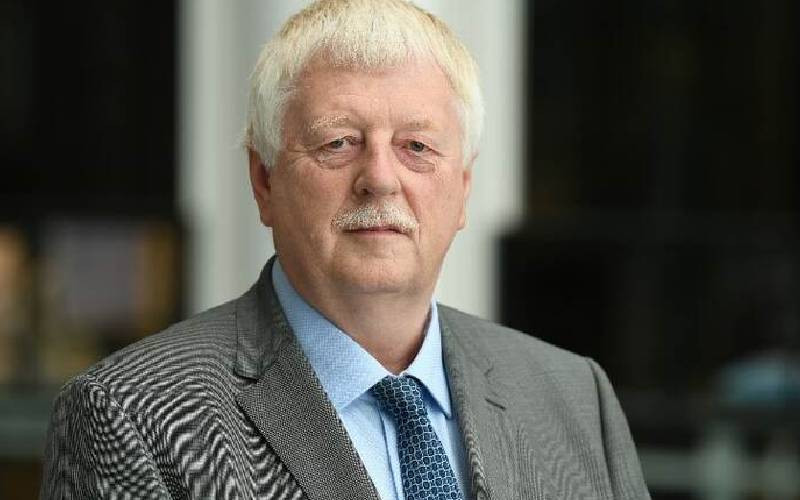×
The Standard e-Paper
Stay Informed, Even Offline

Tomorrow the Netherlands turns orange, once again. It is the colour of our Royal family, and on the King's birthday everyone goes out to visit flea markets, open air concerts, parks, and bars to have fun and be Dutch.